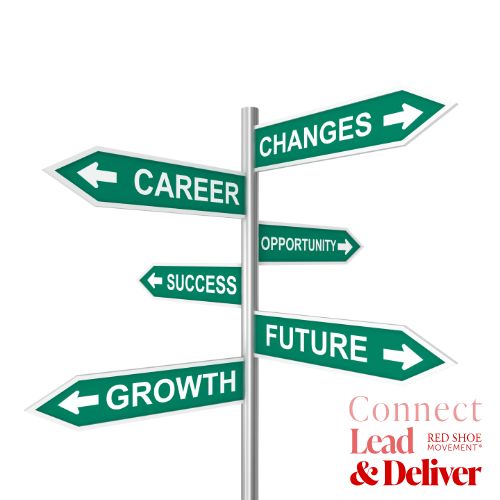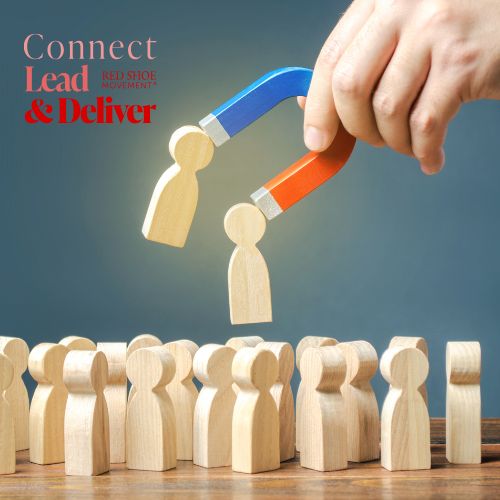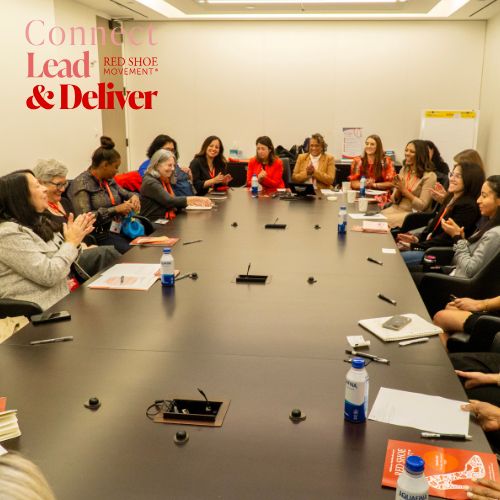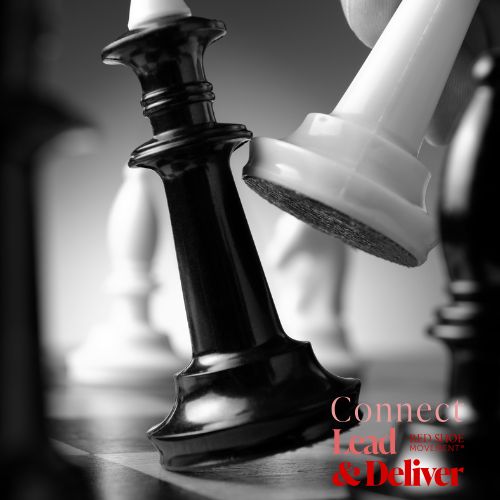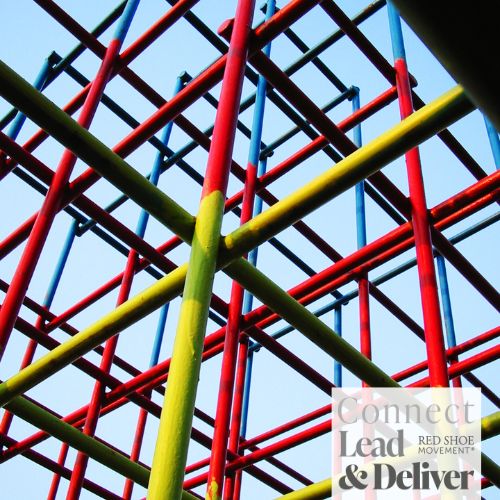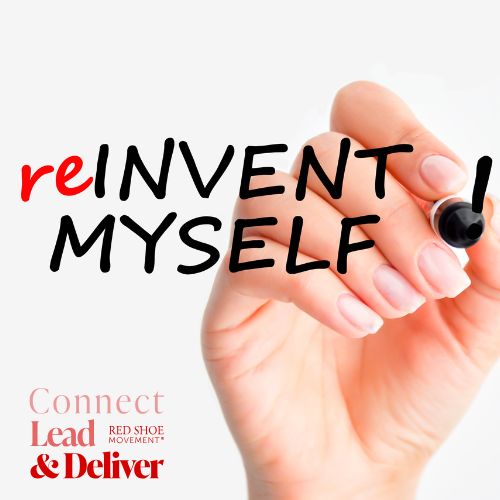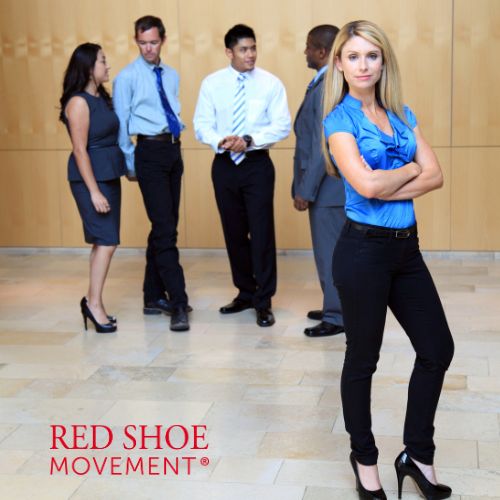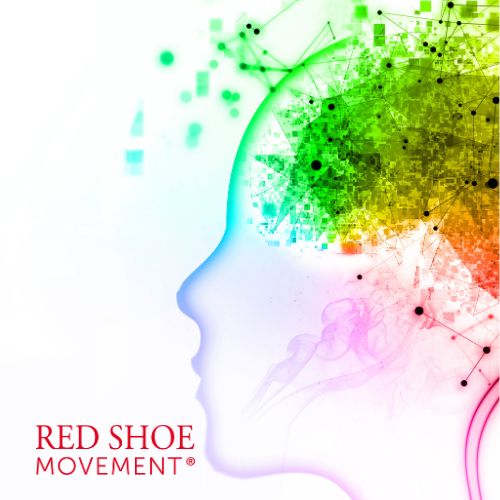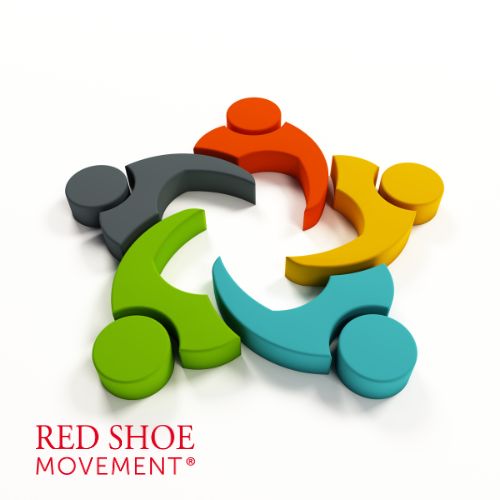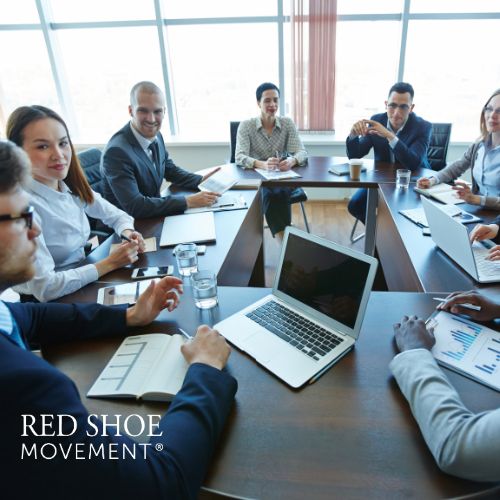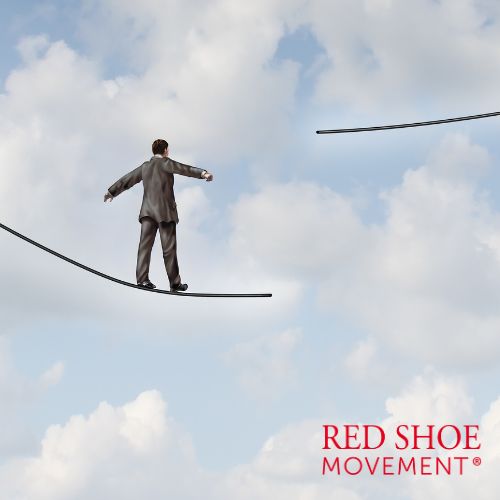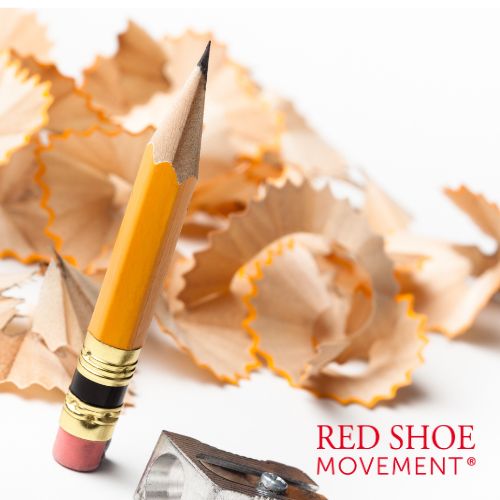What is it and how to make it your ally
The impostor syndrome, a particular psychological phenomenon that prevents us from recognizing our achievements, is increasingly common in the professional and academic world. In particular, the impostor syndrome in young people is less often discussed. Find out what it is and how to turn it into your ally.
Alejandra Marcote, public accountant (University of Buenos Aires), Master in Coaching and Organizational Change (University of Salvador), and Speaker specializing in learning from mistakes and failures has just published in Spanish How to transform the impostor syndrome into your ally (Hojas del Sur Publishing.) It has not been translated yet.
Based on her outstanding training and her career trajectory working with professionals, companies, and organizations, we talked about the feeling of being “a fraud” that affects women above all. About the importance of having resources to act on frustration, and possible exits out of the labyrinth of demands.

The impostor syndrome in young people: a persistent feeling in young women
Flor Naiman- What is Impostor Syndrome? And particularly, what is the impostor syndrome in young people?
Alejandra Marcote– The Impostor Syndrome has to do with the idea that we are a fraud and not up to the task. In these cases, we attribute our achievements to external causes, such as contacts, luck, and coincidences. Logically, this produces fear, fear of “being discovered” as we feel we are deceiving those around us who trust us.
It is true that it primarily affects young people: when someone is studying or has just graduated, they are faced with an area of knowledge that they don’t yet know. And many times, the expectation is that of immediate success. If we don’t do on time the first task they give us, or the result isn’t perfect, we think we’re not good at that. Also when we start, we haven’t yet developed tools to deal with this problem. This sentiment also affects students because they are permanents subjects of evaluation, meeting the expectations of others and their own.
FN– Where does the Impostor Syndrome come from?
AM-It’s a term coined many years ago, studying a group of women considered professionally successful but who did not see themselves in that way. Many factors contribute to this: the expectation of achieving perfection, being accepted, and being loved, among others. As a coach, I try to understand: In what situation do we meet the syndrome? How do we get out of there?
FN- Does it underlie all areas of life? From the first years of school?
AM– We don’t feel it all the time. It is situational; it can happen in some work meetings, for example, or in evaluations. It can also arise in creative or artistic fields. It can occur especially in schooling. Teachers can tell us, “You can handle everything,” and if we see that we can’t, that things are not so easy, we can feel like a fraud, a deception. It can also happen that we don’t hear those messages of encouragement from others. That on the contrary, our efforts don’t elicit any recognition. This will generate a similar sensation. So the origin of this feeling depends on each case —it’s particular— and as a coach, I emphasize working from the singularities of each person.
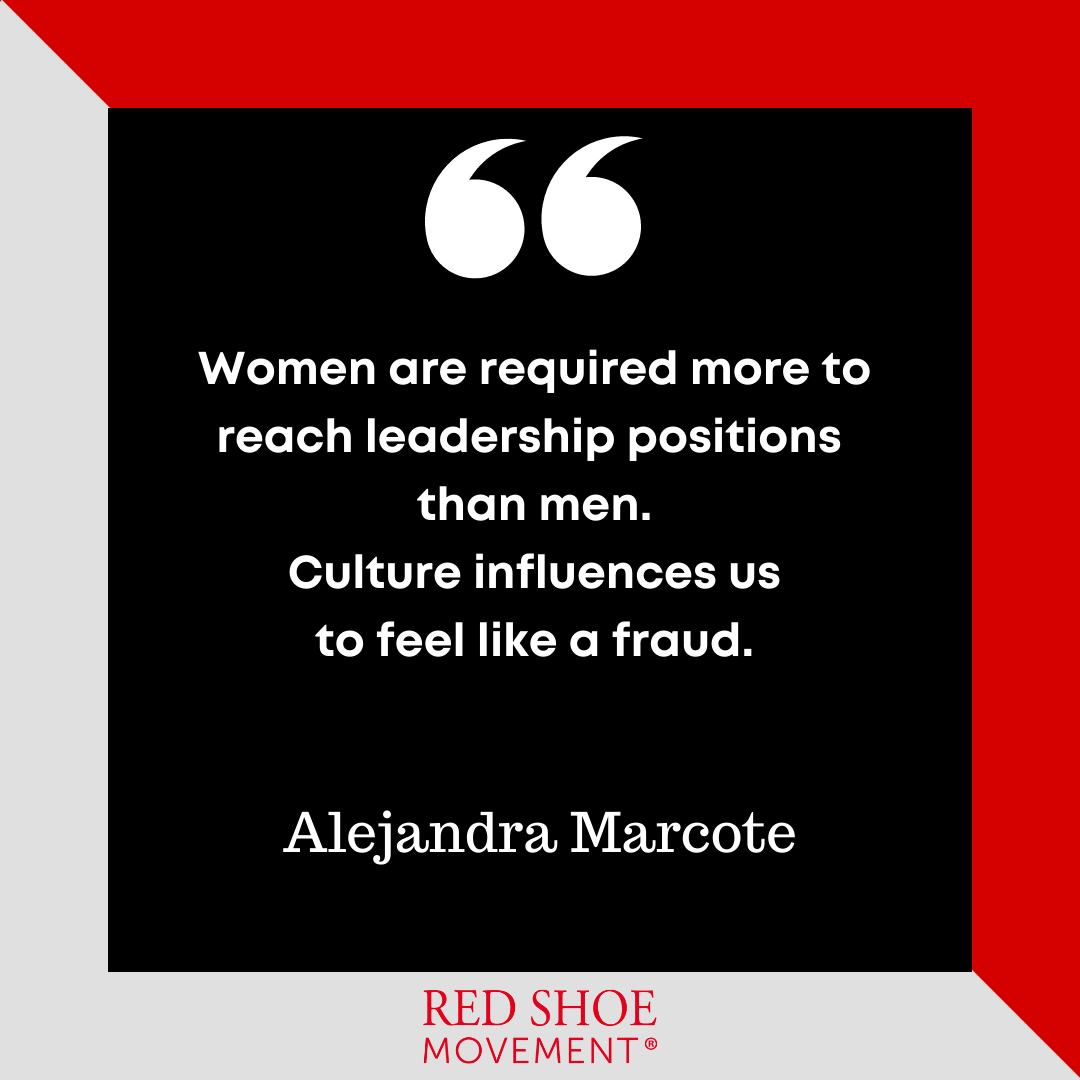
The writing process: between professional life and research
FN– Where did the seed to write this book come from?
AM– I have been working on it for years, professionally and personally. I was always very demanding in my academic life, both in high school and in my accounting career. And although I got excellent grades, I didn’t enjoy it. I only realized my tendency toward perfectionism when I started looking for a change of direction, and I started a master’s degree in Coaching. That characteristic inherent to my personality became a huge obstacle for my career turnaround. I was doing some research when I saw myself reflected in the Impostor Syndrome. As my career as a coach grew, as did my work in Learning from Mistake-an initiative focused on the cultural transformation of teams and organizations based on an innovative approach to failure-, the idea of working on the Syndrome of Impostor more specifically came to me more and more often. First, I thought of an article, then an e-book, and it finally culminated in a book. In addition, during the pandemic, I started workshops for people who longed for a professional change. Seeing that those other people needed to reinvent themselves was a perfect trigger for writing the book.
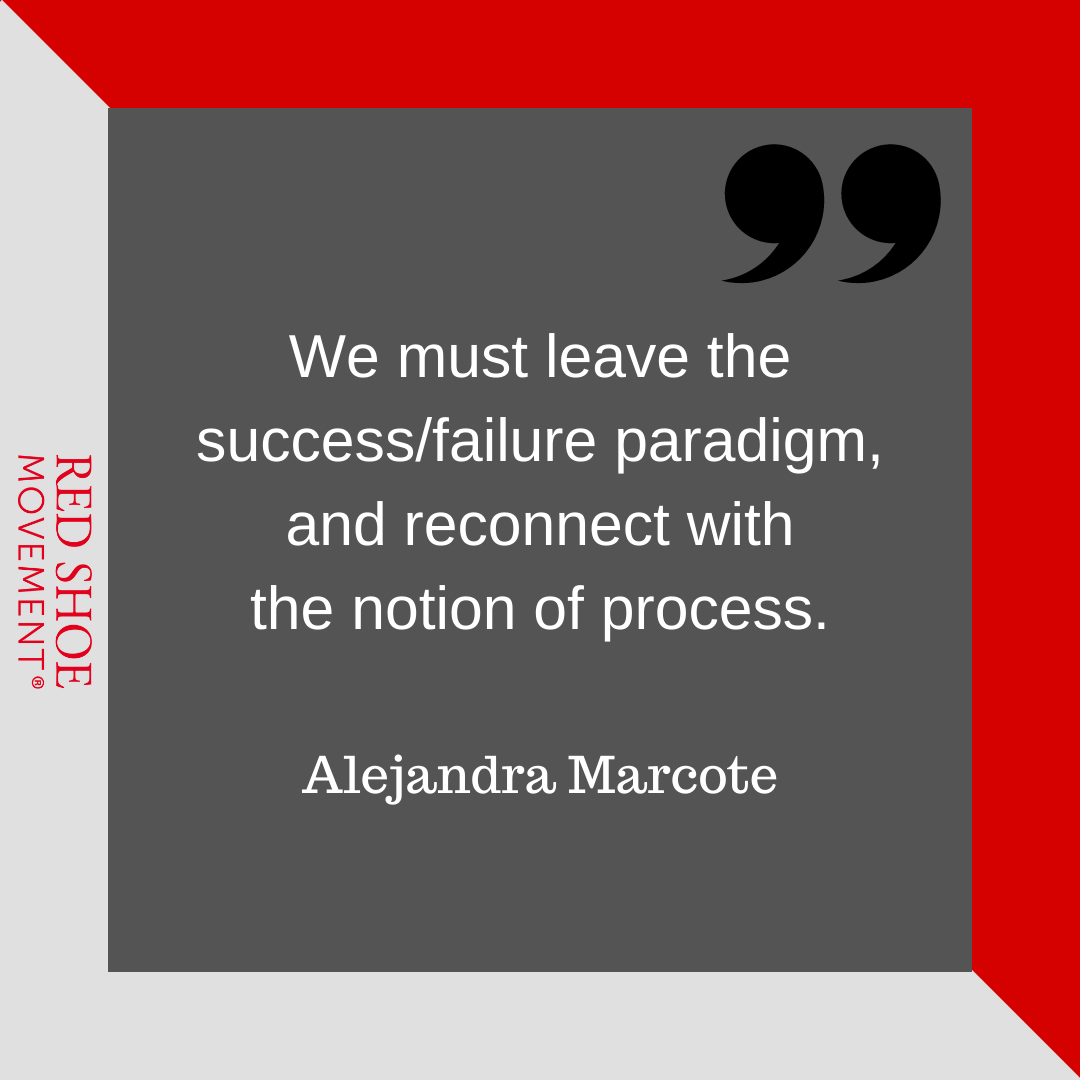
Towards a new approach centered on work and learning processes
FN- How do we continue pursuing our desires and aspirations without getting frustrated when the results are not what we expected?
AM- We are very focused on the final result. Everything we do must culminate in success. I always propose to get out of there and reconnect with the notion of “process.” There will always be external factors that will alter the result, and we do not have control over everything. We may not achieve that objective we longed for. However, taking processes as part of learning is essential. Regardless of the result, it is worth asking ourselves: “What did this process bring me? What do I take from this process?” The idea of fraud is closely linked to the possibility of failure -I was not competent enough, entrepreneurial enough, a good enough mother – and the success/failure binary paradigm often causes us to avoid trying what we want to do. It is possible that we don’t get the expected result, but that doesn’t make us a fraud. Failing does not make us a fraud; connecting with the process -with these questions, what do I take away, what did I learn- is a key to a life with less frustration. If we only depend on the result, frustration will be a constant in our lives.
FN- What differentiates a positive demand from a negative one that prevents us from seeing the value in ourselves?
AM-I think this is related to the self-demanding results paradigm, without considering whether or not we are taking care of our resources, our relationships, and our mental health. Getting something at all costs ends up with us getting sick and burned. Instead of speaking of a positive or a negative demand, I suggest turning to a paradigm of excellence. It is about taking care of oneself and moving forward, expressing our best, and continually progressing. We often don’t take care of ourselves, and we demand too much of ourselves, leaving other factors of our lives unattended.

The impostor syndrome in young people limits professional women in particular
FN- Do you consider that this feeling mainly affects women in the professional world? Since often, even today, we hear prejudices such as, “To get to this place of power, she did X favor to XYZ (a man)” or “She is only in that role because she is attractive.”
AM- From my experience and my research, although we saw that this affected women more a few years ago, recently this gap has narrowed, and more and more men admit to feeling like a fraud in their work environments. However, it continues to paralyze women more. Social expectations toward women are closely related to the duty of domestic life. It wasn’t that long ago that women launched themselves into professional spheres, and when one reaches places where our presence isn’t expected, what is required of us is a work of resignification, of challenging beliefs.
Women have been considered emotional, not rational, not objective, as if the intellectual space and high decisions were masculine. The same goes with scientific disciplines or those related to technology or mathematics. For this reason, working from one’s place to untie beliefs is a daily task.
Also, our presence in the workplace and the professional field increases the demand for women. “I’m at home, and I must be the best. I’m at work, and I must be the best”; there is no space for failure or imperfection. I believe that the roles at home don’t keep pace with this egalitarian change of female presence in professional environments that we’ve been seeing.
And, of course, the double standard used to judge men and women. How did that woman get there? This is a question that a man doesn’t hear. Women have to work harder and are asked for more in order to reach leadership positions. So, culture influences us to feel like a fraud. Just as the idea of feminine modesty as a virtue is still live and well, so is the imperative to remain silent, calm, and never show off. That leads us to not being able to take ownership of what we achieve, and it limits us a lot when it comes to progress.





























